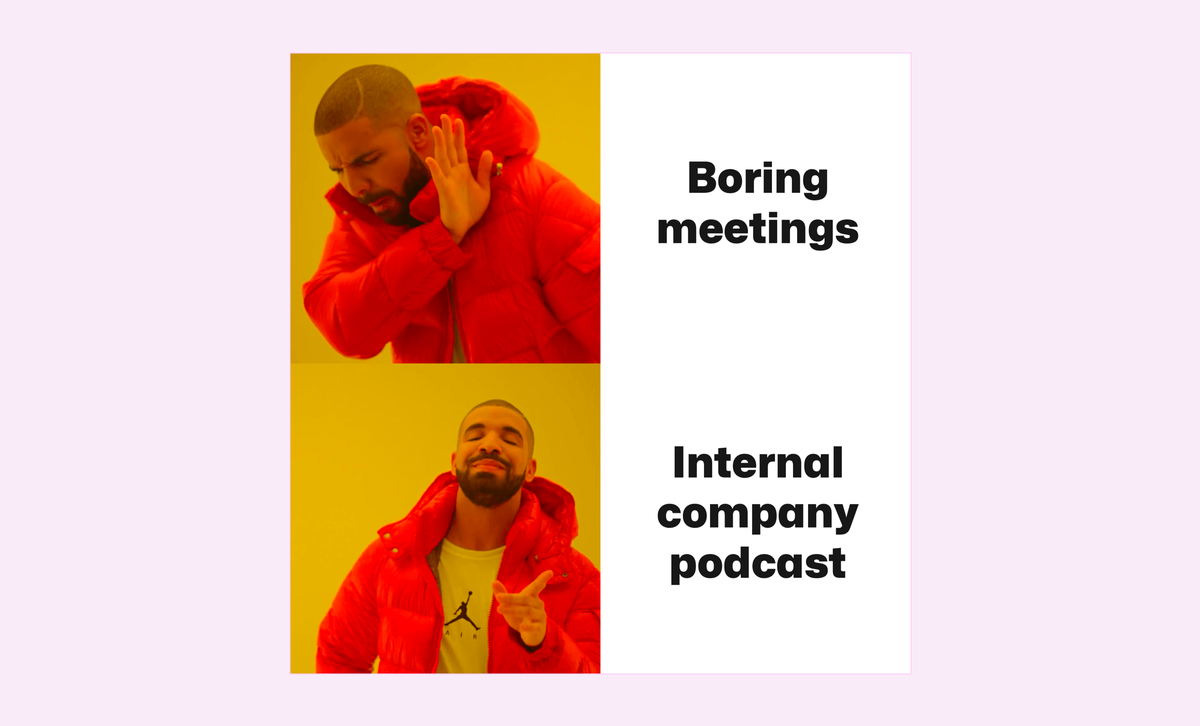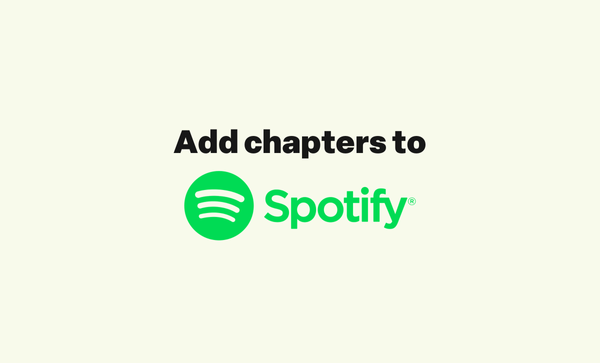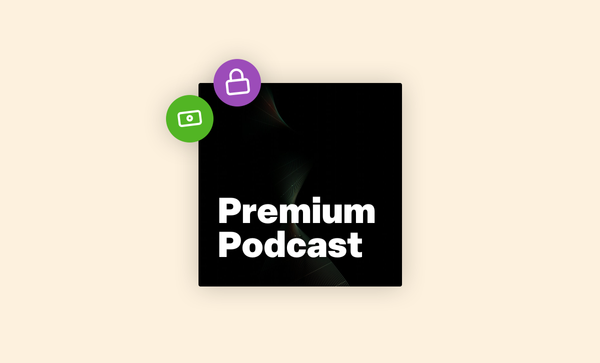7 reasons an internal company podcast should replace some of your meetings

Replacing meetings entirely with private podcasts may not be feasible for all types of interactions, as face-to-face or real-time communication is essential in many situations.
However, private podcasts can certainly reduce the need for certain types of meetings and offer several advantages:
Asynchronous communication
Private podcasts allow employees to access information at their convenience. This means that instead of scheduling a meeting to share updates or training materials, you can record a podcast and distribute it. Team members can listen to it whenever they have time, which can save everyone's valuable working hours.
Consistency
Meetings can vary in quality and effectiveness based on the presenter's skills and the attendees' engagement. Podcasts, on the other hand, ensure consistent messaging and content delivery.
Accessibility
Podcasts can be accessed from anywhere, making them suitable for remote teams and employees in different time zones. This accessibility reduces the need for scheduling complex meetings to accommodate everyone.
Reduced interruptions
Frequent meetings can disrupt workflow. By moving some updates and discussions to podcasts, employees can stay focused on their tasks without constant meeting interruptions.
Documentation
Podcasts serve as a permanent record of information, ensuring that employees can refer back to them when needed. This is especially helpful for training and onboarding materials.
Engagement
Engaging speakers and content creators can make podcasts enjoyable to listen to. This can enhance employee engagement compared to traditional meetings that may feel monotonous.
Scalability
Private podcasts can scale effortlessly. You can broadcast important messages to hundreds or thousands of employees simultaneously without logistical challenges.
It's important to note that certain types of meetings, such as brainstorming sessions, problem-solving discussions, or team-building activities, cannot easily be replaced with a podcast.
A podcast is a very one-directional medium; you cannot get (important and useful) employee feedback and any sort of interaction is limited.
The ideal approach is to use private podcasts strategically to complement meetings, especially for information dissemination, updates, and training, while reserving meetings for more interactive and collaborative activities.
Go to Huge.fm and set up a private podcast, import employees and start publishing in minutes.





